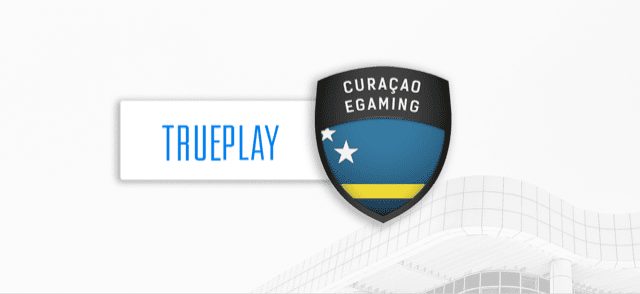Licensors bet on Blockchain

Curaçao eGaming, an online gaming licensor, and the TruePlay blockchain platform announced a strategic partnership. It is aimed at enhancing transparent and mutually beneficial collaboration between all the participants within the gaming industry.
CEG shall work with Trueplay to make available Trueplay’s Truesign module, which is part of its blockchain solution. By integrating this solution, a casino operator ensures game results to be provably fair. With the TrueSign module, all transactions shall be authorised within the TruePlay igaming ecosystem by signing them with a private key. This guarantees the authenticity of all the transaction data, bets, deposits and withdrawals, that is then recorded on a public blockchain. In this way, the TrueSign module ensures transparency and security of all payouts to players, affiliates and other participants of the gambling ecosystem. At the same time, personal data of casino players is totally safe due to encryption.
“The Gaming Industry is often still seen as fraud sensitive, but we are ready to change that once and for all,” said TruePlay’s CEO Oleksiy Mageramov. “TruePlay technology has enormous potential for affiliate marketing. The first project on our affiliate platform will launch as soon as September 26.”
Unlike projects that try to achieve the same level of transparency by developing blockchain games, the TruePlay platform and TrueSign module provide a ready-to-use solution compatible with any games from any providers.
“These initiatives by TrueSign bring exciting, much-needed enhancements to the gaming industry,” said CEG’s legal representative, gaming attorney Bas Jongmans of Gaming Legal Group. “In a regular (crypto) casino, one may be able to track players’ deposits and withdrawals in a rudimentary manner. However, monitoring what happens during a game itself has always remained a challenge. The potential of the TrueSign module may enhance monitoring possibilities greatly. Its potential is very promising. Its decentralised setup guarantees that involved records cannot be altered retroactively. This allows the participants to verify and audit transactions independently and relatively inexpensively. This may also prove extremely useful in combating money laundering.”
